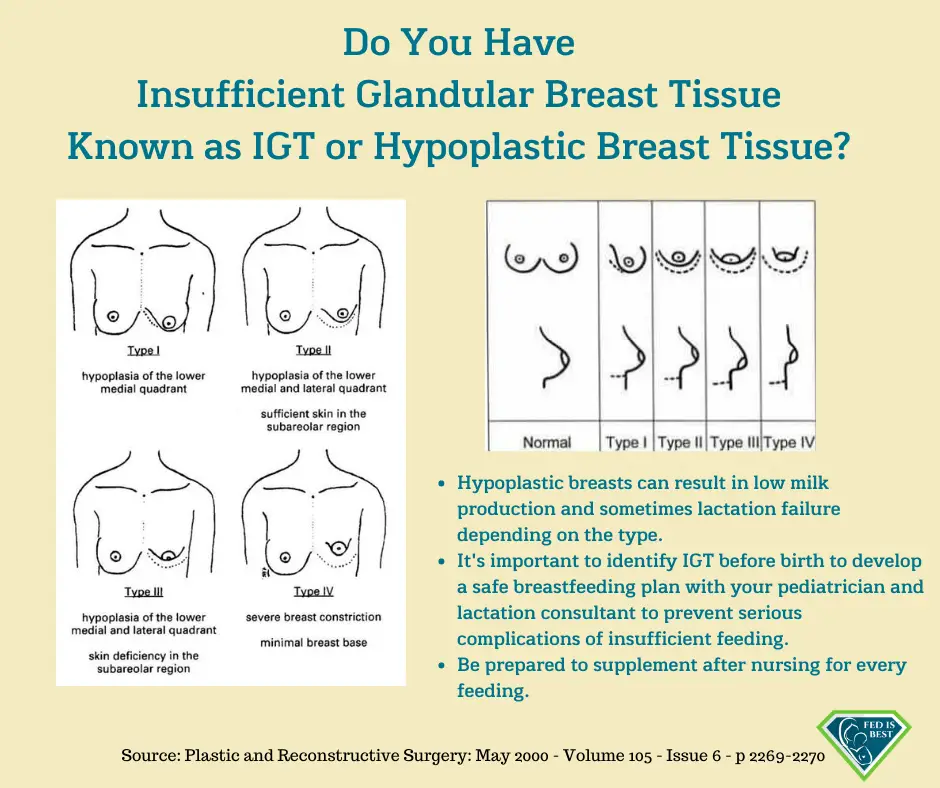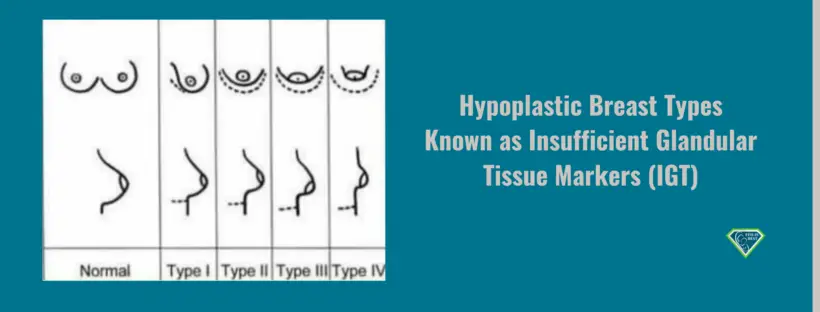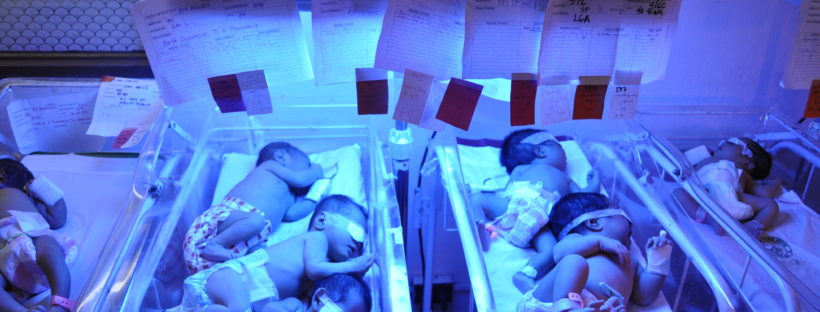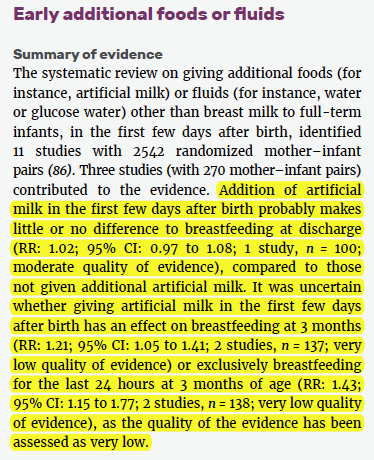Written By Rachel
As a young girl, I knew something was wrong with my breasts when they began to develop. I had asymmetric tubular breasts, and it quickly became my biggest insecurity. At the age of 20, I saw a doctor who told me a breast augmentation would “fix” them. Trusting her medical opinion I had breast augmentation surgery. Now they were double the size and sagging from the weight of the implants. It was worse than what they originally were, making my anxiety and insecurities heightened. After a few years, I decided to get them removed by another doctor who specializes in reconstruction surgeries. I got the implants taken out, a lift of the skin and fat removed from my stomach to fill the empty pouches. With two surgeries comes many scars and of course trauma to the breast tissue.







